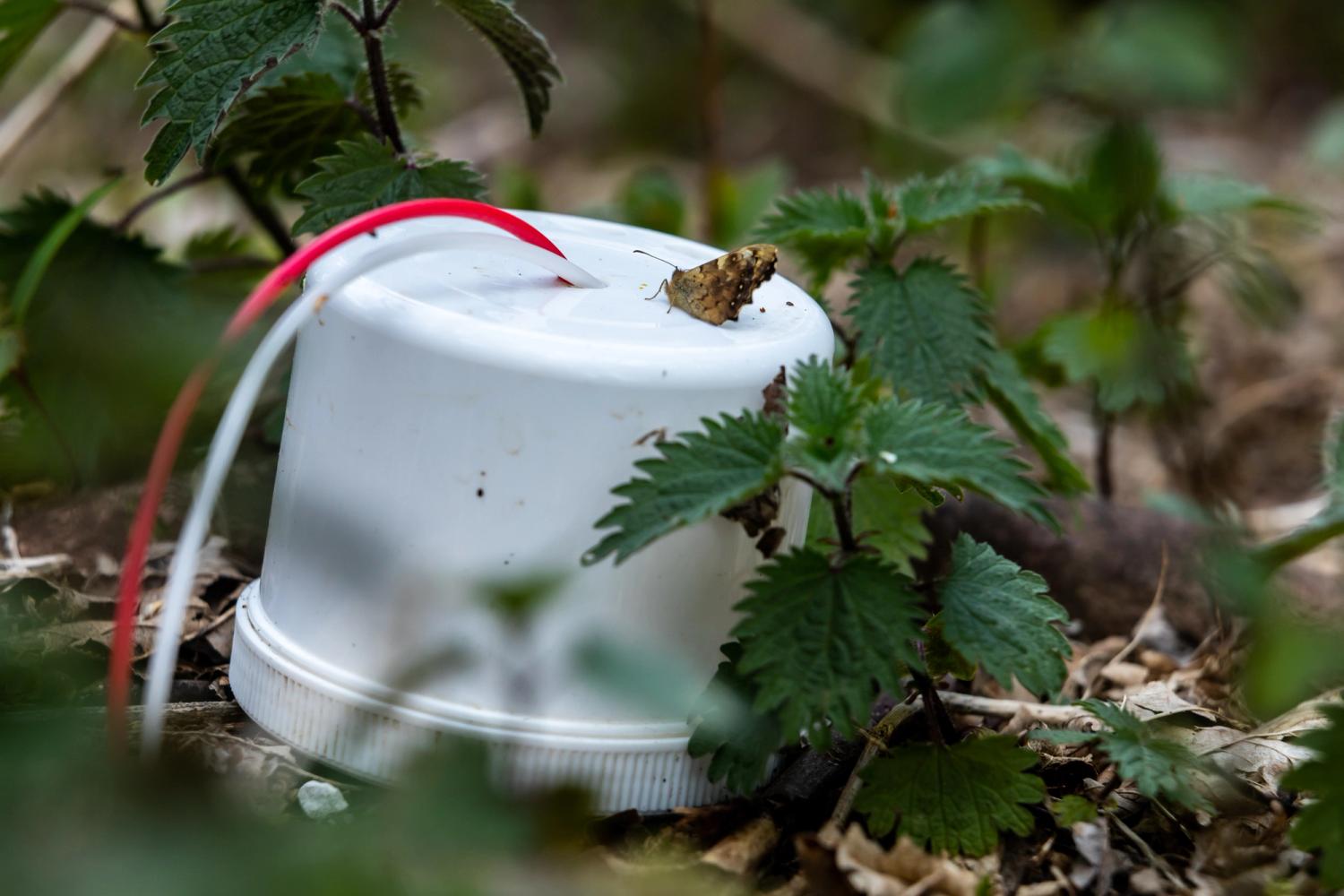World Water Day is celebrated annually on 22 March to highlight the importance of access to clean, safe water.
2.2 billion people worldwide currently live without safely managed drinking water services, devastatingly impacting their lives and society.
We know the need for clean, good-quality water is more prominent than ever. This is why we have a dedicated environment team responsible for protecting our precious rivers and streams.
We own Lullington Heath National Nature Reserve in Friston Forest, East Sussex, with the help of Natural England to manage the land. It is one of the dozens of protected or designated sites we own or manage for biodiversity


Last year, Lullington Heath was named one of the first five in the King's Series of National Nature Reserves, which will be designated or expanded in the future.
The Heath is currently the only NNR selected to protect groundwater in the chalk aquifers beneath the South Downs National Park, the source of the drinking water for many Sussex residents.
Over the last five years, we have been gathering research as part of the PROWATER project to understand how land management changes can impact the quantity and quality of our underground water resources.


These scientific findings will be used as evidence to support our ambition to turn the site into a Super National Nature Reserve, working alongside Natural England and other local landowners and managers.
The native chalk grassland that grows across this landscape is the UK equivalent of the Amazon rainforest, rich with wildlife and beautiful scenes, and at the heart of landscapes and communities.
Supporting these rare, species-rich habitats is key to increasing the landscape’s resilience to the impacts of climate change and population growth.
Read more about the PROWATER project and how land management can improve resilience against drought or flooding.
Share this Article: